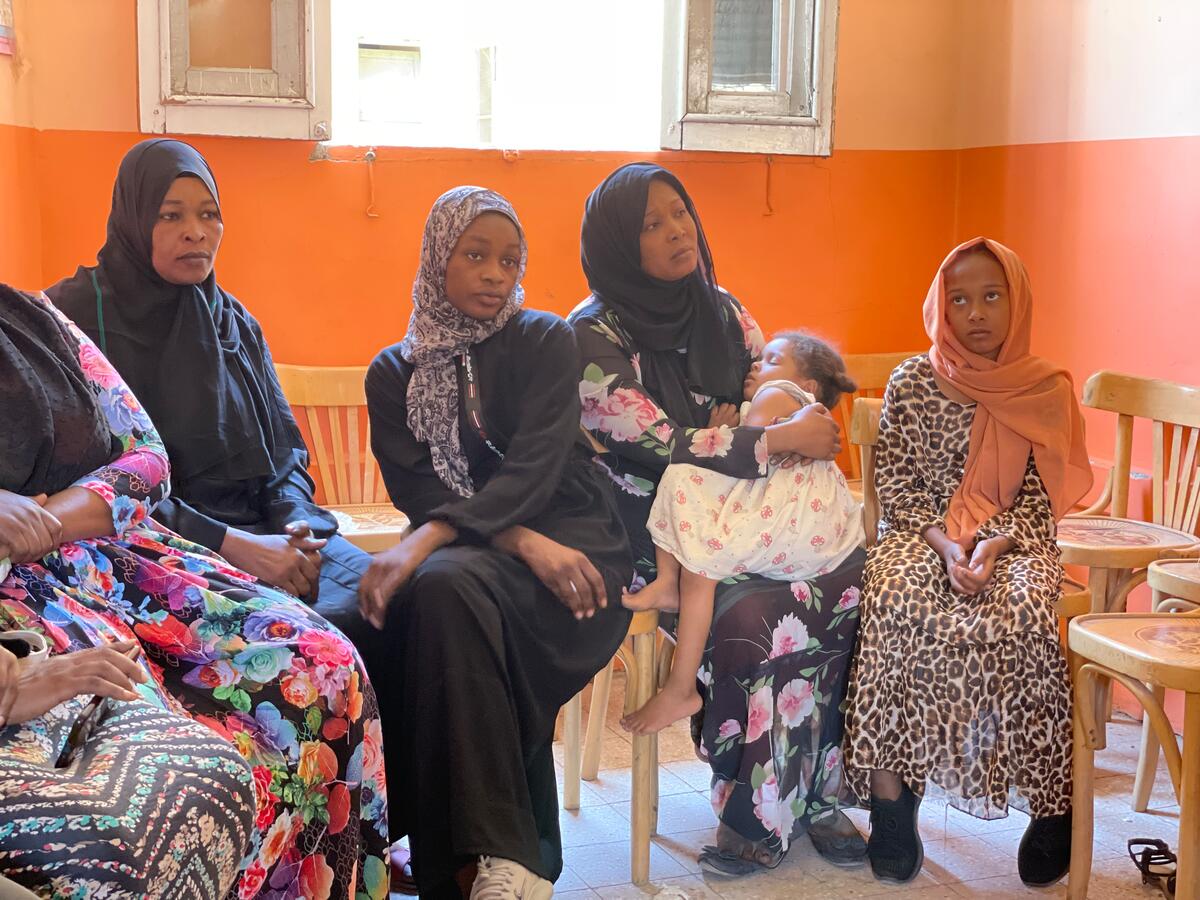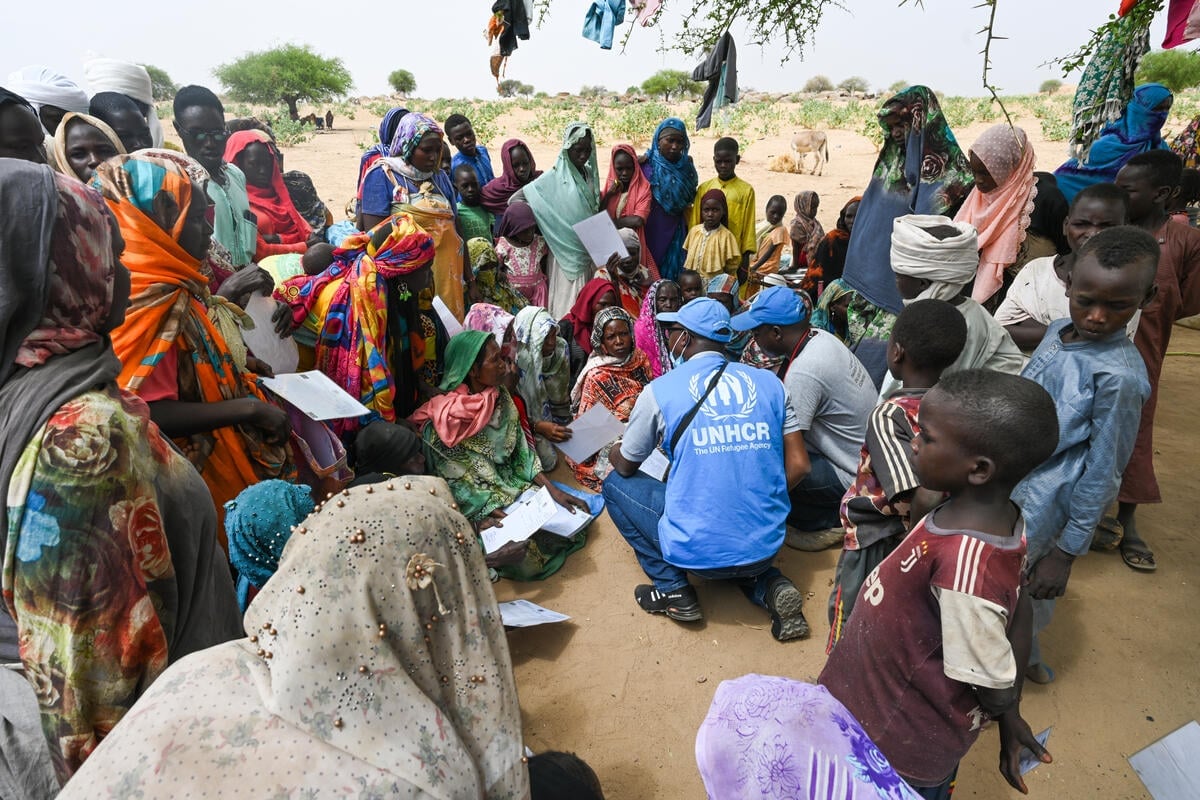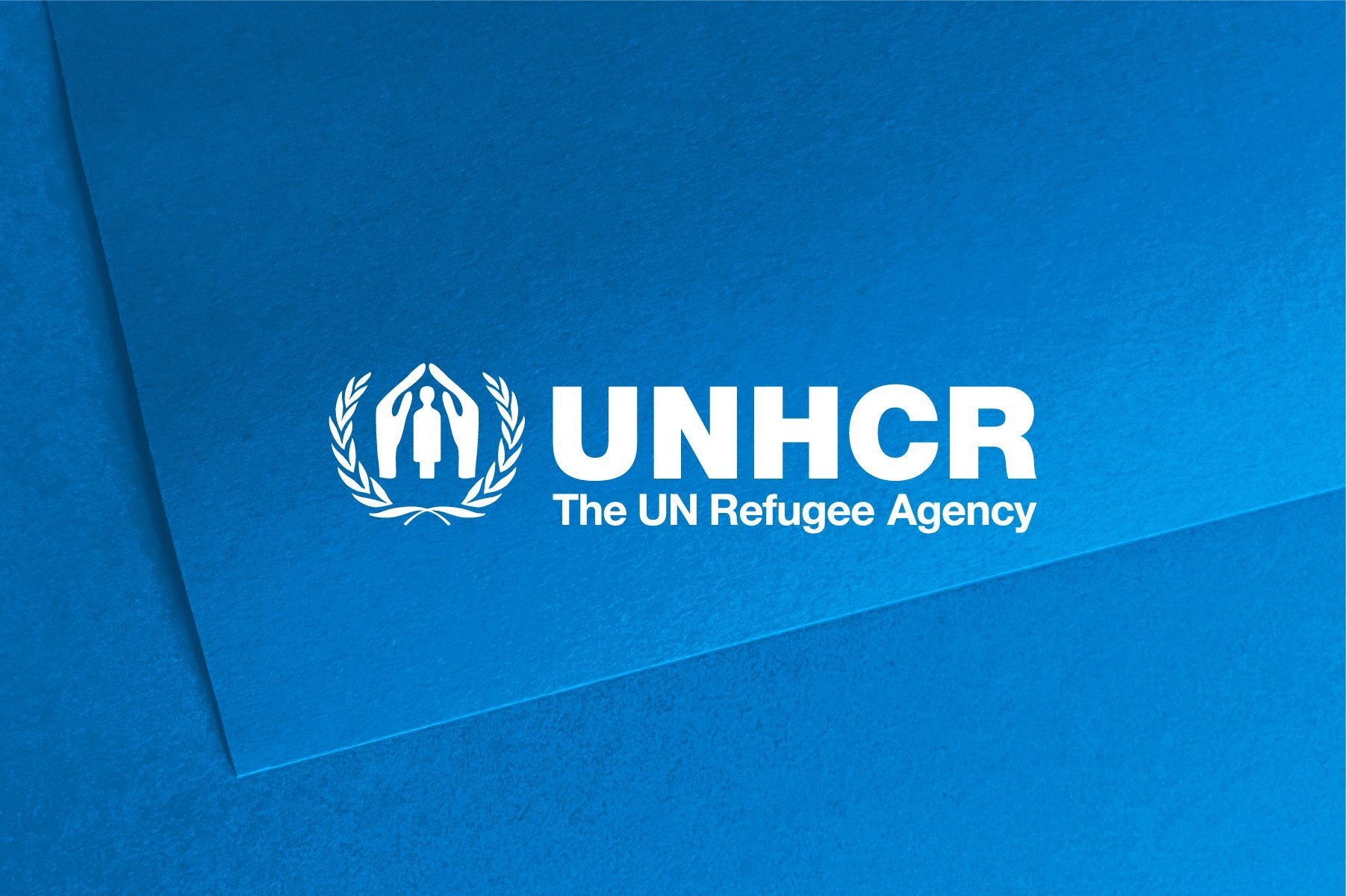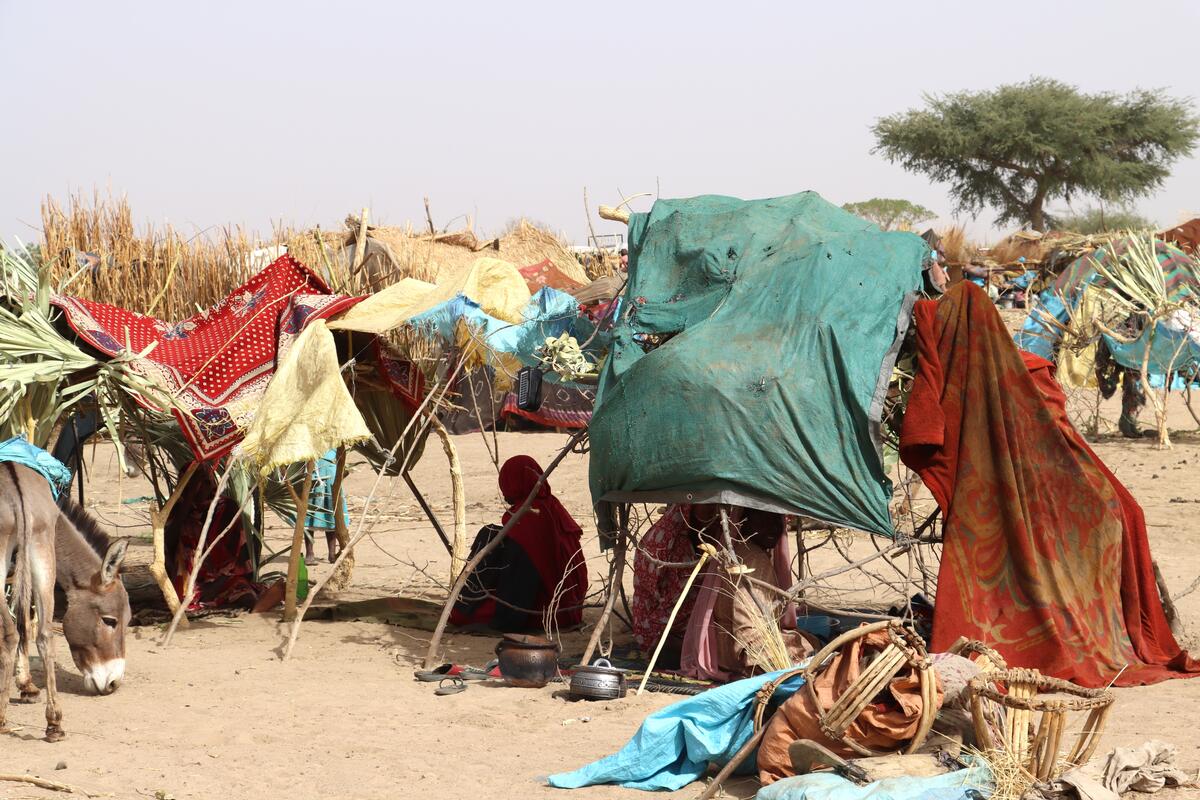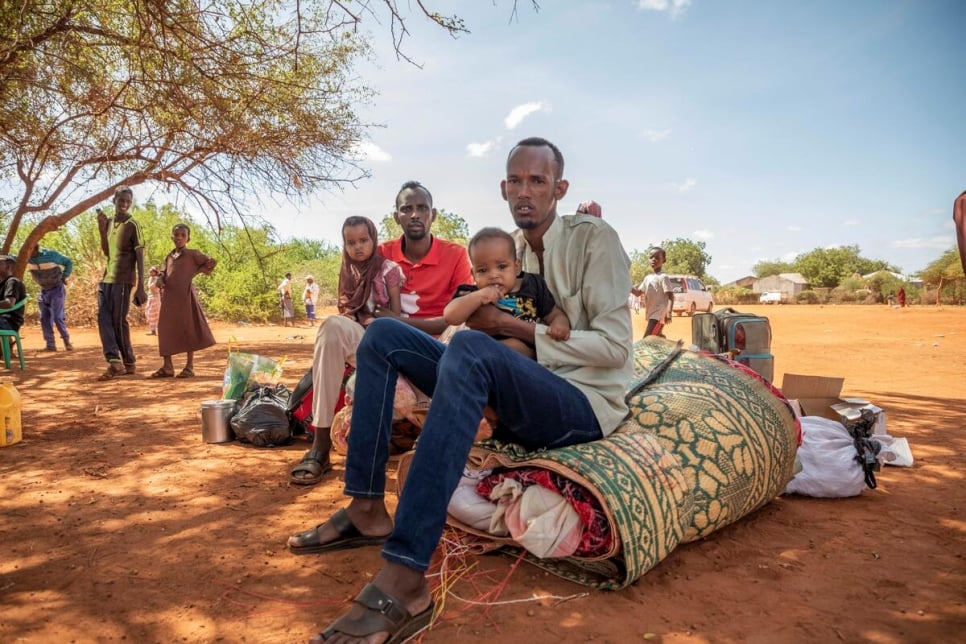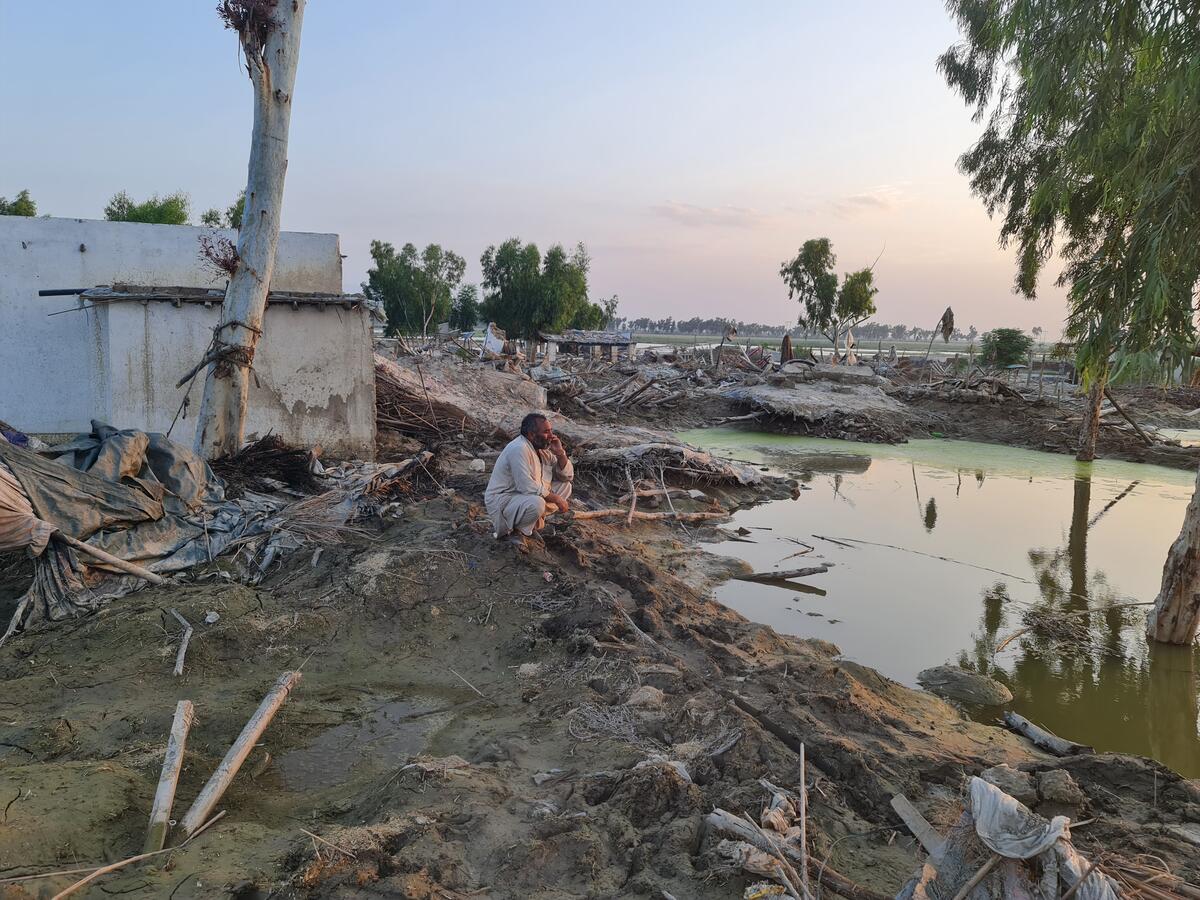Horn of Africa Update
Horn of Africa Update
Eritrea
Fighting around the Red Sea port of Assab has forced people to flee their homes in the surrounding areas, mainly to the northern part of Eritrea, UNHCR has learned from government sources and relief agencies.
Relief agencies say more people have been displaced in the past week. The Eritrean government previously said that the Ethiopian offensive last month uprooted more than 550,000 people, in addition to an estimated 300,000 displaced by drought.
UNHCR is now using $960,000 to buy locally available relief items for distribution by Eritrean workers. The amount represents the unused funds that had been set aside for a repatriation programme for some 160,000 Eritrean refugees who have been in Sudan for three decades. The repatriation was to have begun last month, but was put on hold because of the fighting between Eritrea and Ethiopia.
UNHCR is preparing an appeal for funding of its emergency operations as a result of the current conflict in the region.
Some people who had been displaced by the fighting in the south-west of the country have reportedly been trickling back to the key town of Barentu after Ethiopia announced it was withdrawing from the area. But most are going back only to look at their property. There are reports of widespread destruction and looting in Barentu.
An announcement by Ethiopia that it wants the international community to monitor the withdrawal indicates that the pullback may take some time and the return of the displaced people and those who have fled to Sudan may be delayed. There is also the danger of newly laid land mines.
Sudan
By Sunday morning, UNHCR had registered 52,671 Eritrean asylum seekers who have arrived in Sudan's eastern state of Kassala since mid-May.
On Saturday, UNHCR registered 1,327 Eritrean refugees at the Sudanese border crossing of Lafa. Around 60 Eritreans crossed the Sudanese border at Awad, just north of Lafa. Refugees and UNHCR staff at Lafa say there has been no sign of fighting along the Eritrean border over the past several days.
On Saturday, Sudanese authorities brought to the Gulsa encampment 114 Eritrean soldiers who arrived with the refugees. The Sudanese earlier took 130 Eritrean soldiers to Gulsa after temporary detention in Kassala.
Some refugees who have arrived in Sudan's eastern state of Kassala are proceeding to a temporary site at Amara Must, 3 kms from Laffa. But most of the refugees prefer to stay along the border to await developments in Eritrea. Around 150,000 Eritreans are reportedly scattered along the Eritrean side of the border.
A second airlift flight from Copenhagen arrived in Khartoum Saturday, bringing 12,000 blankets and 4,500 plastic sheets. UNHCR is airlifting additional supplies from Copenhagen and Cairo for the emergency relief of arriving refugees and to replace items originally meant for the repatriation of some 160,000 Eritrean refugees already in Sudan from the earlier Eritrean liberation war. UNHCR operates 12 camps in Sudan for these refugees. It channels its international assistance through Sudan's Commissioner for Refugees (COR), the government body set up expressly to direct policy and implement programmes on behalf of refugees. UNHCR covers all COR costs. These include salaries for approximately 1,800 staff - $1.345 million per year - as well as the purchase and maintenance of light and heavy vehicles, fuel, and office equipment. COR currently operates a fleet of 76 UNHCR trucks and three water tankers. In addition, UNHCR funds about 900 employees of Sudanese non-governmental organizations, who for several years have been the only NGOs allowed by the Government to operate in the refugee zones. The present refugee population, many of whom have been in the country since 1967, numbers about 160,000. Refugees in camps still depend entirely on UNHCR assistance, implemented by COR. UNHCR aid takes the form of fuel for water systems, community projects, including reforestation, all basic infrastructure, and health care. The World Food Programme provides rations for all refugees.
Yemen and Djibouti
Around 600 asylum seekers, mostly Eritreans, have arrived by boat in Yemen. There area also Ethiopians and Somalis among the arrivals who have been moved to schools.
Another 250 Eritreans have arrived overland in Djibouti.


